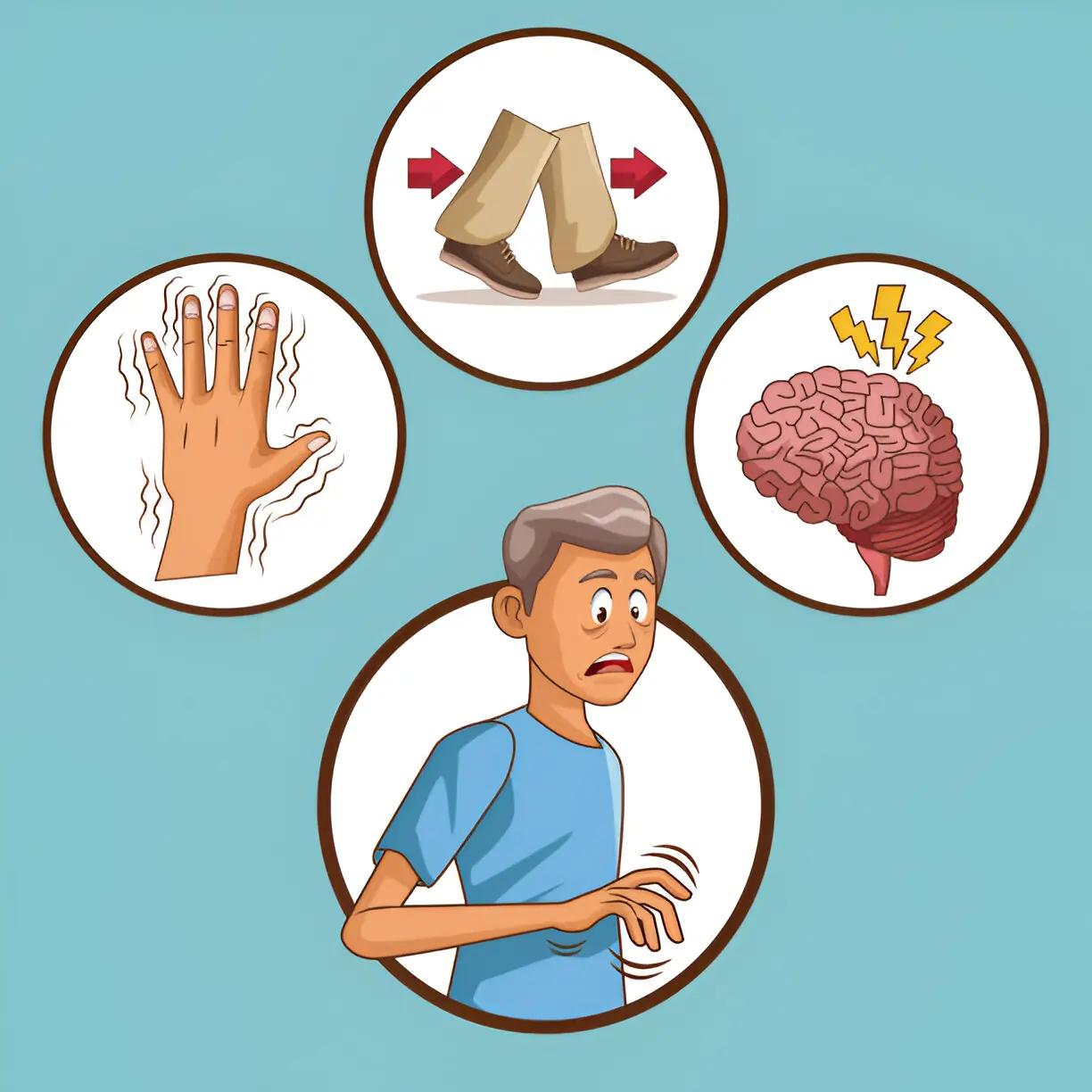When we think of health issues related to our nerves, symptoms like pain or numbness often come to mind. But what if your unexplained digestive troubles or sudden dizziness are linked to nerve problems? Many nerve-related symptoms can be subtle or unexpected, making them easy to overlook or misattribute to other conditions.
Common Nerve-Related Symptoms You Shouldn’t Ignore
Nerve-related issues can manifest in a variety of ways, some of which may already be familiar to you. These symptoms are often your body’s way of signaling that something’s not quite right.
1. Numbness or Tingling Sensations
Perhaps the most well-known sign of nerve-related problems, numbness or tingling (also called paresthesia) often occurs in the hands, feet, or extremities. These sensations can range from mild to severe and may feel like the classic “pins and needles” you get after sitting in one position for too long—but when they occur frequently or without an obvious cause, it might point to nerve dysfunction.
Burning or sharp, shooting pain can also indicate nerve damage. This type of pain is often described as an electric shock-like sensation and is most commonly associated with conditions like sciatica or diabetic neuropathy. Chronic burning pain, especially if it worsens at night, can signal serious nerve-related disorders.
Nerve issues can sometimes make the skin overly sensitive to touch, a condition called allodynia. Simple actions like wearing clothes or lightly brushing your skin may feel uncomfortable or even painful. If these discomforts persist, they may hint at a problem with your sensory nerves.
Less Obvious Symptoms That May Be Nerve-Related
Not all nerve-related symptoms are as easy to recognize. Some can be subtle or mistaken for unrelated health issues, but they shouldn’t be ignored.
Experiencing unexpected weakness in your muscles? Your motor nerves might be to blame. Unlike fatigue from overuse, nerve-related muscle weakness often affects small groups of muscles or occurs after minimal activity. Pay attention to changes in muscle strength that interfere with daily activities, like gripping objects or climbing stairs.
Your nerves play a crucial role in controlling how your digestive system functions. Damage to certain nerves can lead to issues such as slow digestion, bloating, constipation, or even diarrhea. These symptoms are often mistaken for gastrointestinal conditions, but they may stem from a larger issue with your autonomic nerves.
3. Dizziness or Lightheadedness
Feeling persistently dizzy or lightheaded, especially when you stand up quickly, may indicate a problem with the nerves that regulate your blood pressure. This is known as orthostatic hypotension and can result from nerve damage, particularly in conditions like diabetes or Parkinson’s disease.
4. Loss of Coordination or Balance
Another lesser-known symptom tied to nerve issues is impaired balance. If you find yourself stumbling or feeling off-balance more often, it could be due to damage to the nerves that interact with your muscles and joints to control movement.
5. Unexplained Weakness or Fatigue
While fatigue is a common complaint and can stem from countless causes, extreme or lingering fatigue may be tied to nerve dysfunction. For example, nerves that regulate your muscles or cardiac system could be under strain.
Risk Factors for Nerve-Related Conditions
Certain factors may increase your likelihood of developing nerve-related symptoms. Understanding these risks can help you recognize potential problems early and take proactive measures to care for your health.
Medical conditions like diabetes, multiple sclerosis, and autoimmune diseases are some of the most common culprits behind nerve-related symptoms. Diabetes, in particular, is a leading cause of peripheral neuropathy, a condition that affects the nerves outside of your brain and spinal cord.
Lifestyle factors, such as excessive alcohol consumption, smoking, and an unbalanced diet, can damage your nerves over time. For instance, a lack of B vitamins (especially B12) can lead to deficiencies that impact nerve function.
Trauma or injuries, like car accidents or repetitive strain from activities such as typing or lifting, can also harm your nerves. Carpal tunnel syndrome, for example, is a type of nerve compression injury caused by repetitive hand or wrist movements. In cases like these, consulting specialists in bellevue hand surgery can help diagnose the extent of nerve damage and recommend effective treatment options.
When Should You See a Doctor?
It’s not uncommon to dismiss early nerve-related symptoms as minor inconveniences or temporary problems. However, certain signs warrant professional medical attention:
- Persistent symptoms such as numbness, tingling, or burning pain that disrupt daily life.
- Rapidly worsening symptoms, such as sudden muscle weakness or difficulty walking.
- Unexplained issues with balance, coordination, or extreme fatigue.
- Digestive problems that persist despite dietary changes or over-the-counter remedies.
If any of these apply to you, it’s a good idea to consult a healthcare professional. A neurologist can conduct tests to identify the root cause of your symptoms and may suggest neuropathy treatments, such as those in Tulsa, to improve your quality of life.
Conclusion
Your nerves are essential to your health, helping you move and regulating your body’s systems. Recognizing nerve-related symptoms can help you act early. If you notice concerning signs or are at higher risk, don’t wait—talk to your doctor to find the cause and explore treatment. Early detection is key to preventing nerve issues from affecting your life. Listen to your body and prioritize your health today.
Read more: Teen Room Setup Hacks That Combine Comfort and Productivity
